By: Maru Attwood.
See original post here.
In April 2020, the SA Social Security Agency introduced the Social Relief of Distress grant to lessen the economic effects of the Covid-19 pandemic. Then, in April this year, the grant was placed under a new legislative framework with additional assessment criteria. Applicants had to reapply, and many were rejected.
“I don’t have any income … I am a daily survivor,” said Basestana Meletse, a community activist with #PayTheGrants in Westonaria, Gauteng.
As one of 5.9 million recipients, Meletse was a beneficiary of the R350 Social Relief of Distress (SRD) grant until April this year. She has now been excluded from the monthly payments.
In April 2020, the SA Social Security Agency (Sassa) introduced the grants to lessen the economic effects of the pandemic. Under civil society pressure to increase and extend the grant, government agreed to continue the payments until March 2023 – but kept them at R350 a month.
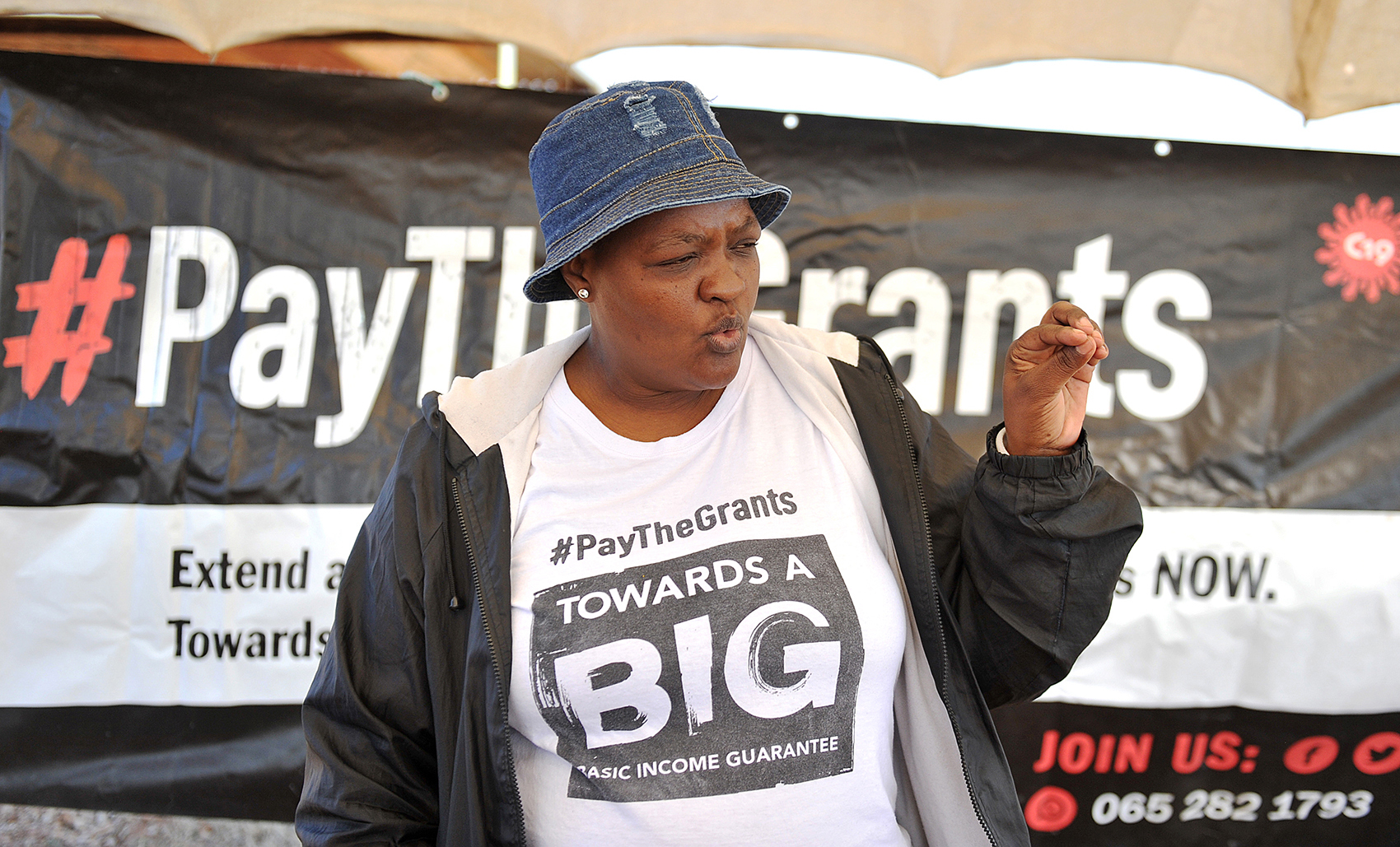
Meletse (49) used part of her monthly grant money to buy her family grocery hampers and basics such as mielie meal and sugar. She invested the rest in a stokvel with 10 friends and neighbours who were also grant beneficiaries.
Eventually, she managed to save enough money to buy equipment and ingredients to set up a shisa nyama corner kitchen, complete with a chip-frying station. She said: “That 350 a month … I’ve learnt that you can undermine small money, but at least it does something.”
In April this year, Meletse stopped getting that money. The SRD grant was placed under a new legislative framework with additional assessment criteria. All applicants were required to reapply and Meletse was one of millions denied on the grounds of having alternative income sources.
“The stokvel has collapsed because we can’t expect anybody to save anything because we know where we got that money from,” Meletse said. She survives on money which her oldest daughter shares from selling cleaning supplies and atchar.
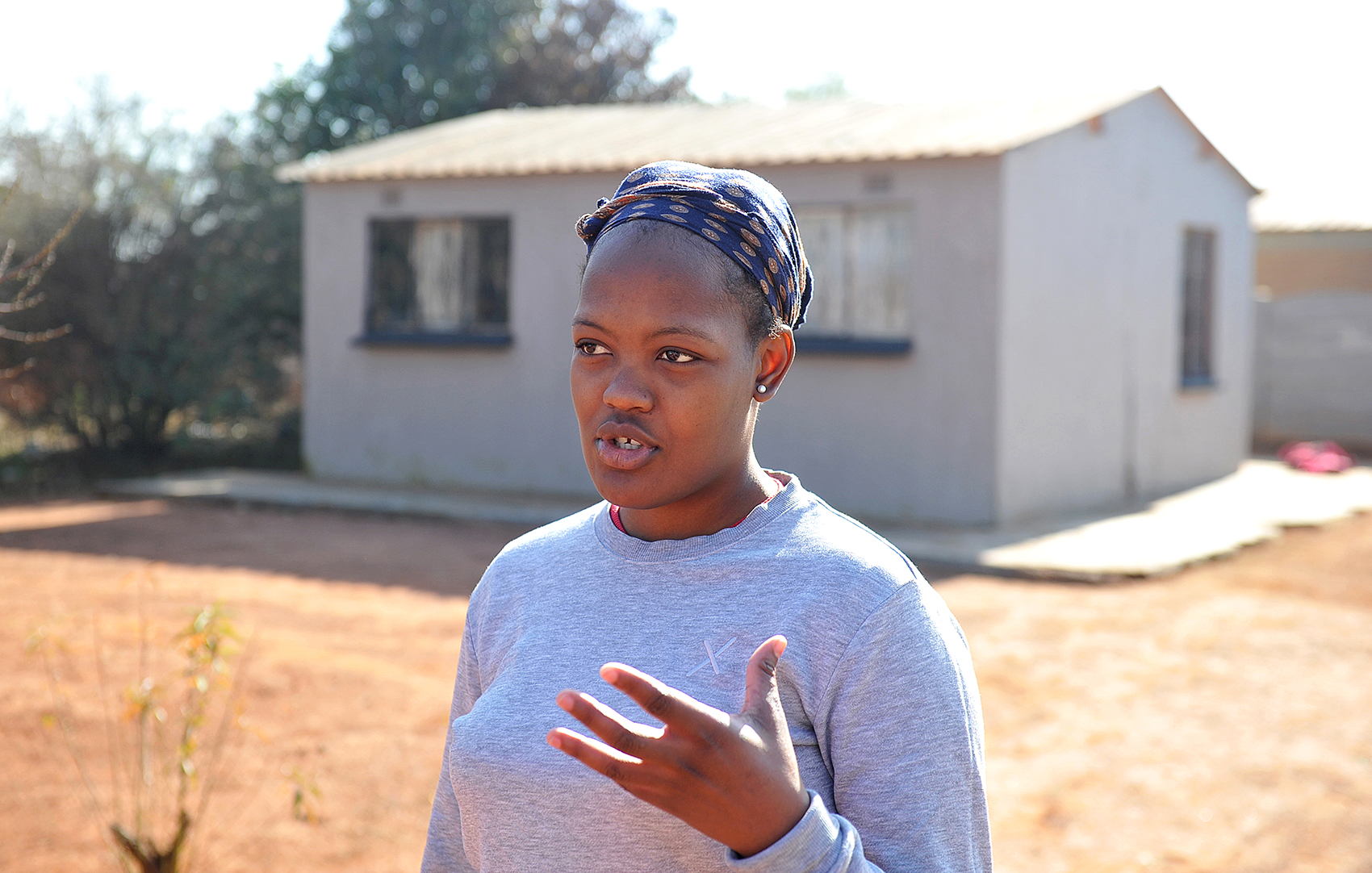
Melete’s 26-year-old daughter, Naledi, was also an SRD grant recipient. But after April’s changes to the application criteria, Sassa told her she was ineligible because she was receiving a payout from her Unemployment Insurance Fund (UIF). Naledi has never worked for a formal employer.
“How can I receive UIF when I haven’t even worked? I don’t understand.” She has appealed her application’s status, but to no avail.
From anecdotal evidence of the 21 grant applicants in Westonaria who spoke to Maverick Citizen, a third said their requests were declined because – according to Sassa’s database – they were already receiving UIF payments. But they stressed they had either never received UIF, or had received payments which stopped months or even years before they applied for the SRD grant.
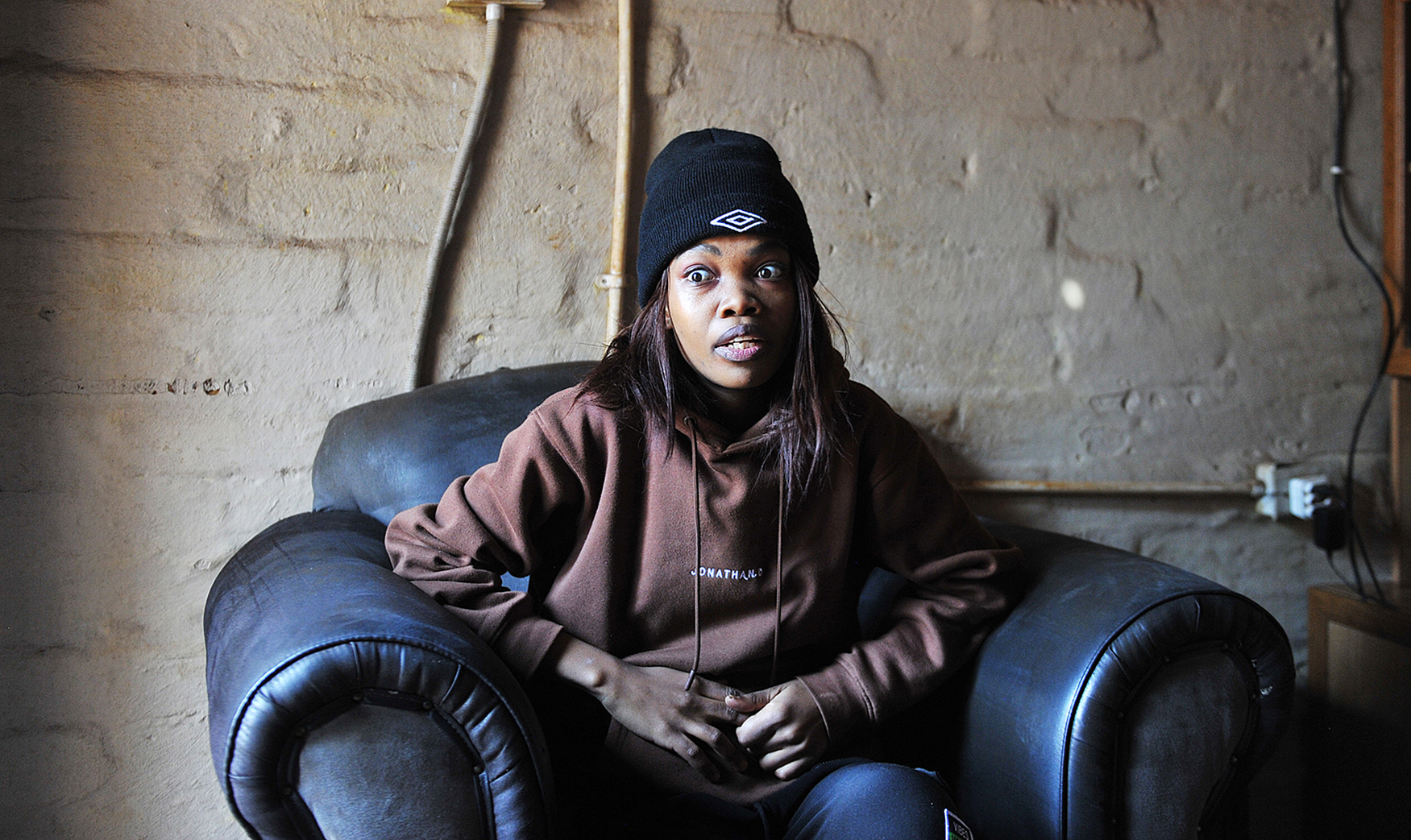
Zandile Buyaphi (24) has been barred from receiving the SRD grant because she is registered with the National Student Financial Aid Scheme. However, Buyaphi hasn’t received a stipend from the scheme because she missed the deadline to pay to register for her Unisa teaching courses.
Being excluded from the grant means Buyaphi’s money for necessities like toiletries and groceries has diminished. Though she recalled that the monthly R350 did not go very far, some months she had enough money to purchase hair extensions and earned a small income doing people’s hair.
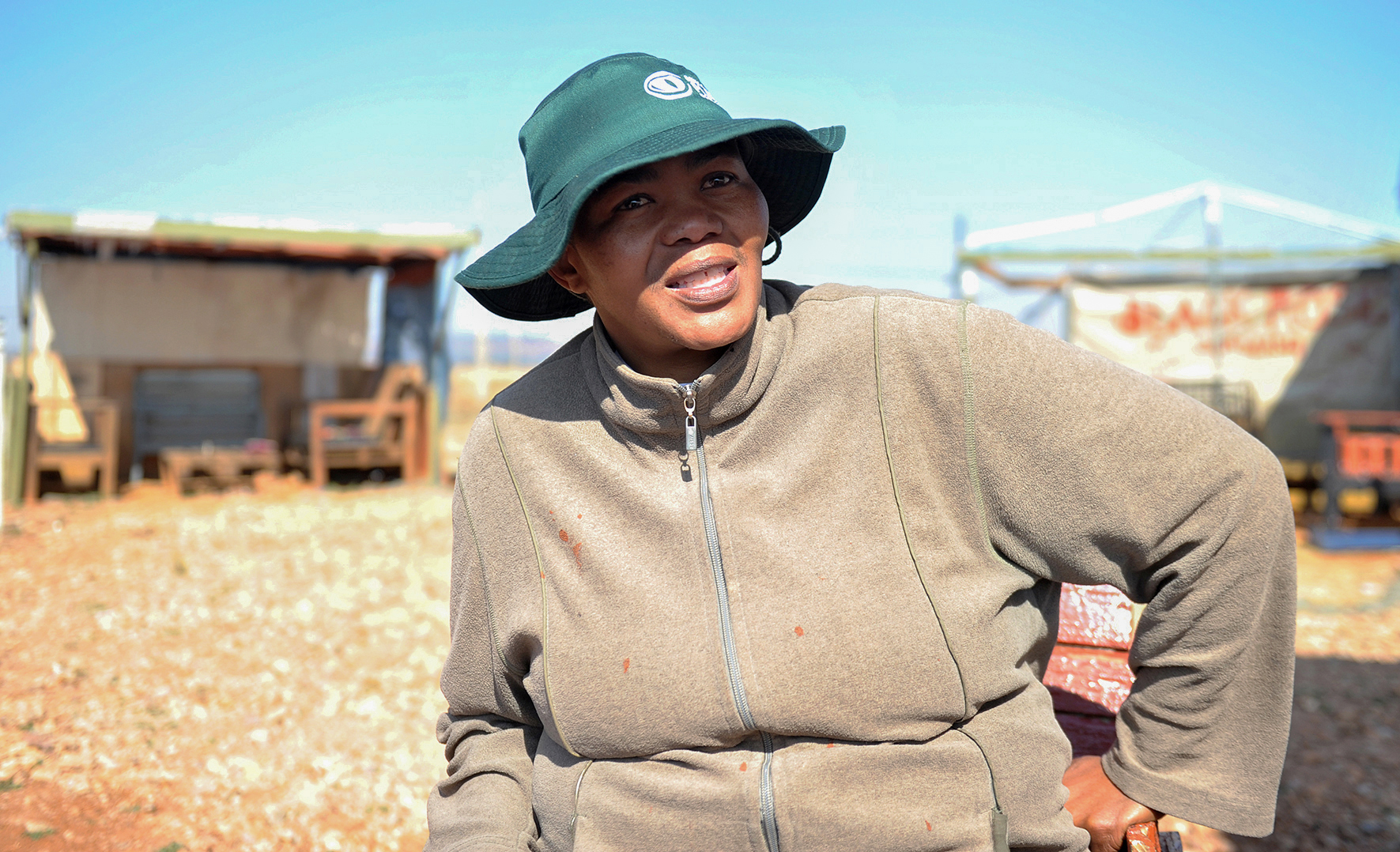
Mmasengwe Seitheiso (52), an unemployed former municipal worker, believes she was excluded from the grant because she did a favour for a friend. She agreed to receive and withdraw money from her account on behalf of a friend who lives in Rustenburg and whose children live in Westonaria without bank accounts. When she applied for an SRD grant, she was denied because Sassa believed she had an alternative source of income. She asked: “Am I not supposed to do that? It’s wrong. I should be able to assist, where I can assist, as a black person.”
Matshidiso Welkom (42) was excluded because she receives R700 in child maintenance from the mine worker’s salary of her children’s father.
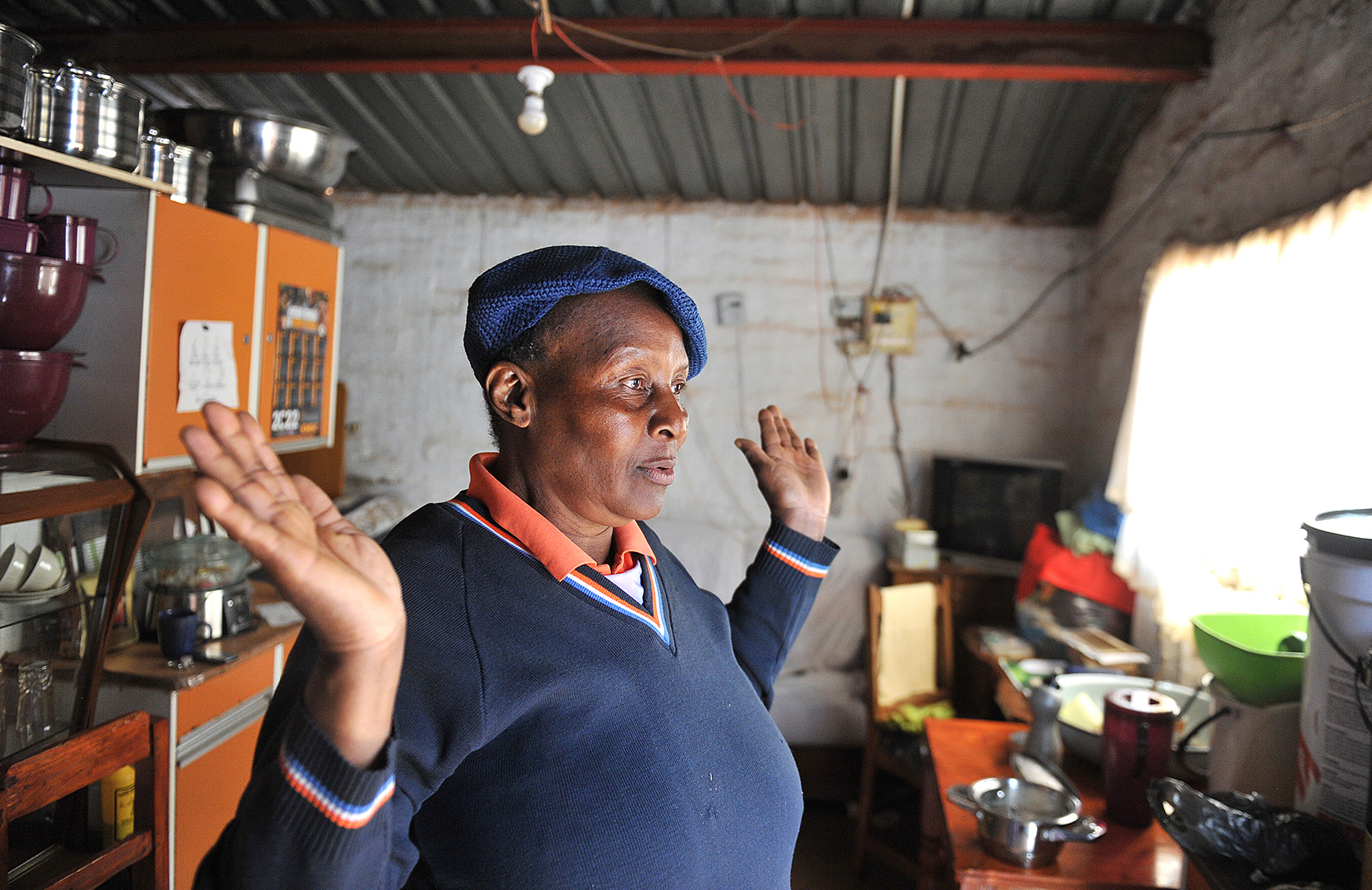
Without the grants, the cost of supporting people’s livelihoods is shifted on to relatives. Thandi Nuvunga (62) is a retired domestic worker who supports her family with her state pension. Nuvunga’s son received an SRD grant for just two months in 2020, and put the money towards extending his mother’s house to make space for her seven grandchildren.
“My children were trying to help me with the R350. But now they don’t get it any more,” said Nuvunga. They have been barred from the grant because Sassa alleges they are receiving UIF payments or have alternative sources of income.
Nuvunga is a seamstress, but the piles of fabric in her home have been abandoned for more than four months. After her son fell ill, she said, “I had to sell the [sewing] machine to buy groceries for him to eat.” She believes reliable payments of the SRD grant could have helped her keep her sewing machine.
Meletse says she is growing increasingly frustrated with government’s handling of the social grants.
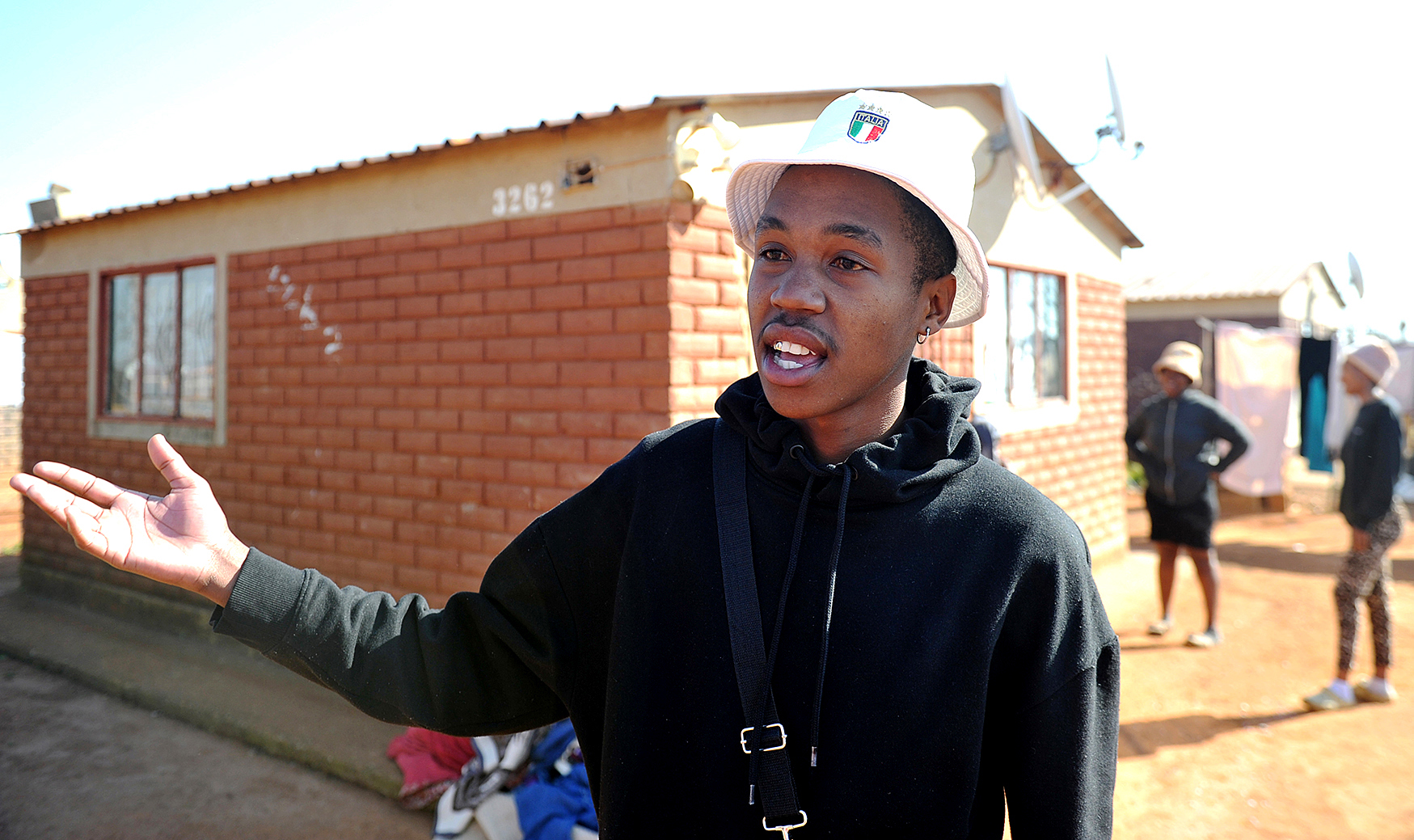
Sassa’s huge backlog on grant payments for April and May means that even people whose applications have been approved, since the changes in criteria, haven’t been paid.
“This R350, it’s like an abusive boyfriend. Because you get it, you don’t get it, you get it, you don’t get it.” Meletse continued, “I want to tell these people of ours, stop voting for this government. It’s abusing us.”
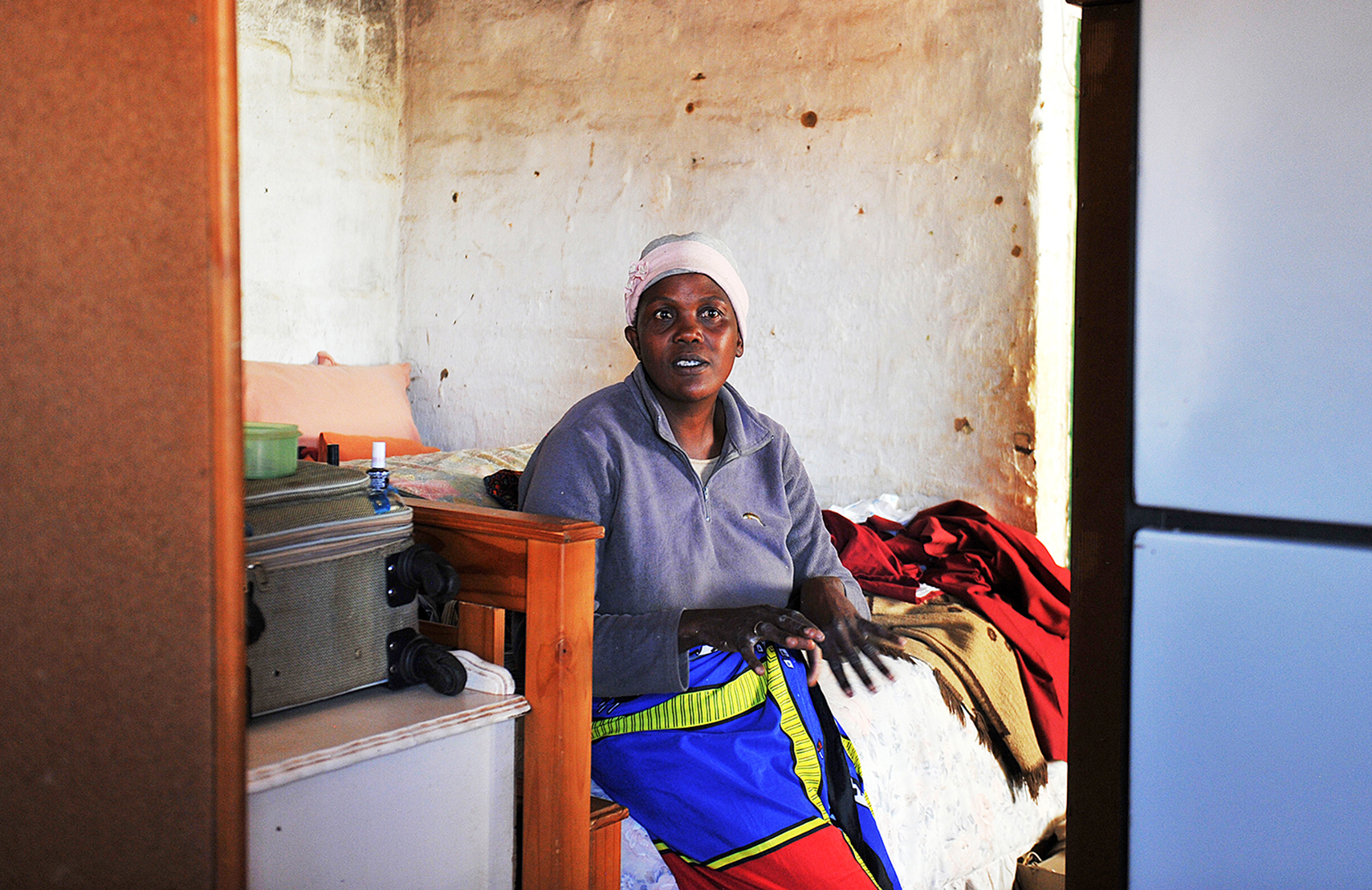
#PayTheGrants, which Meletse campaigns with, is agitating to remove the barriers and means tests that have excluded millions from receiving the monthly payments they have relied on for the past two years. But they’re also intensely aware that R350 is not nearly enough.
#PayTheGrants wants to see a South Africa where everyone has a basic income grant of R1,500.
After the changes in the grant application criteria, Institute for Economic Justice (IEJ) co-founder Neil Coleman previously said to Maverick Citizen: “There’s never been such a low approval rate, which is the product of all these problematic procedures that they’ve put in place.”
After groups such as the IEJ and Black Sash expressed outrage over the low approval rate, Minister of Social Development Lindiwe Zulu called on 11 July for comment on a proposal to raise the grant income threshold from R350 to R624.
Bureaucratic barriers and delays on grant payments mean that in communities across South Africa, millions of people who only managed to make ends meet with the help of the SRD grant have been cut off from a vital, if still inadequate, source of income.




















